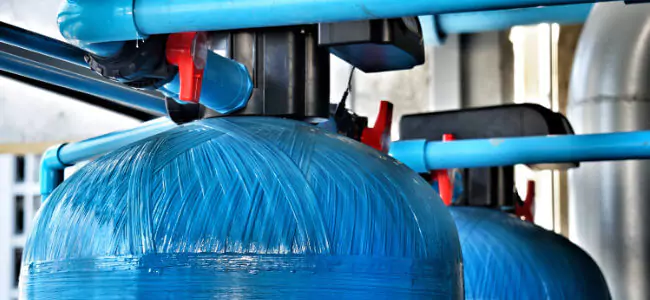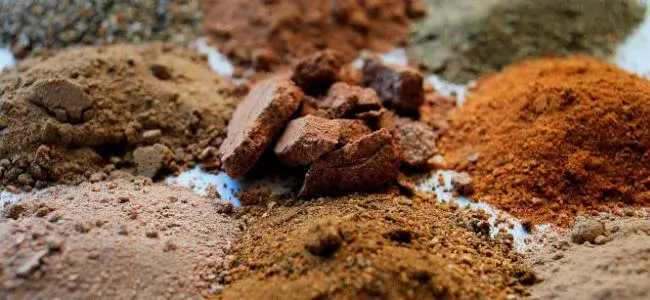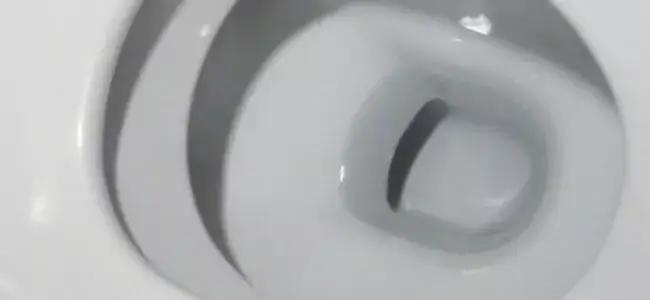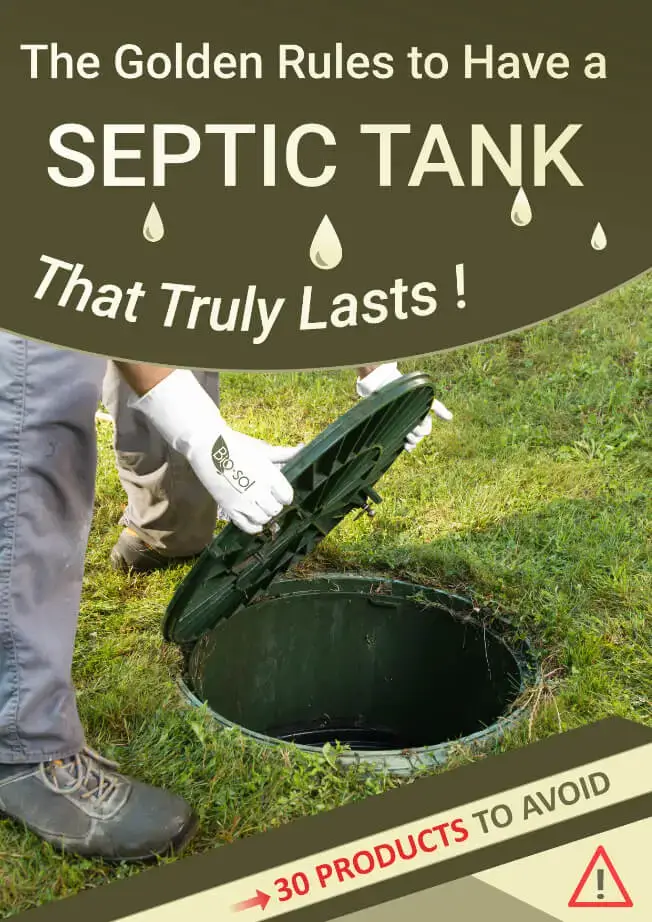The effects of water softeners on septic systems

TABLE OF CONTENTS
Water that has high amounts of magnesium and calcium is termed as hard water. Since groundwater usually has lots of dissolved minerals, it falls in the category of hard water. Hard water is undesirable in the home because of the numerous problems it causes. For starters, hard water can cause scales in household appliances as well as in the plumbing. Additionally, the high concentration of magnesium, calcium and other minerals in hard water makes soap less effective. This means that more soap and detergent will have to be used for cleaning. The reaction of soap with magnesium and calcium leads to the formation of scum and this scum can make garments to lose their brightness. To solve all these problems, water softeners are used to transform the groundwater from hard to soft.
Water softeners mainly remove magnesium and calcium from the water through a process of ion exchange with sodium. Sodium chloride is usually added to the water softener to give it a source of sodium ions. This process helps to eliminate the problem of magnesium and calcium but the main con is that it increases sodium chloride levels in the water that is used in this regeneration process (backwash). The backwash also has high concentration levels of magnesium and calcium. Most septic system owners are unsure whether this backwash should be sent to the septic tank or not. Let’s answer this in greater detail in the next section.
Water softeners and septic systems
As early as the 1970s, septic system owners were worried about the effects of water softeners on their septic systems. In response to this, several studies were conducted to investigate this important question. Some of these studies, like the ones that were done by the University of Wisconsin and the National Sanitation Foundation (NSF) concluded that water softeners do not pose a significant threat to septic systems. That was then but a couple of decades later, some new studies found that the water softeners could actually have some negative ramifications on septic systems. The earlier studies had mistakenly used aerobic bacteria in the research instead of using the anaerobic bacteria and that explains why they made the misguided conclusions. The main bone of contention is the extra sodium that is added to the water, which experts believe can result in problems in anaerobic digestion in the septic tanks as well as the hydraulic conductivity in the drain field. Hydraulic overloading is also a possibility due to backwash because septic systems are usually not designed with the intent of accommodating the extra water that comes from the regeneration of hard water. The extra salt in backwash might also lead to the deterioration of concrete septic tanks.
Regenerated backwash and softened water increase the sodium chloride levels in the septic tanks. Increased salinity in the septic tank messes up the pH levels and this may kill the helpful bacteria in the tank. Some studies found out that less cellulose was digested in homes that used water softeners. This can be attributed to the fact that the increased salinity as a result of the backwash induces some form of metabolic shock in the septic tank bacteria. Since the Bactria’s function in the system is to digest organic waste, killing or reducing the number of bacteria leads to non-effective wastewater treatment.
Studies have also shown that increased sodium can also cause swelling of the soil especially in the presence of significant quantities of montmorillonite clay. As soil swells, its hydraulic conductivity reduces. Sodium absorption ratio (SAR), which is the measure of how much sodium ions are in a solution as opposed to magnesium and calcium ions, can be used to determine if the hydraulic conductivity of soil can be affected by the effluent of the septic tank. If your soil has 15% or more clay content, you will need to have an SAR of 10 or less to prevent the hydraulic conductivity problems. Soils that have non-swelling clay can have an SAR of as high as 20 without it affecting the hydraulic conductivity.
Mitigating the effects of water softeners
Even though water softeners are associated with the effects we have seen above, it is still important to soften hard water before using it in the house. But there are some steps one can take to lessen the impact of the water softeners on the septic system. These are:
- Use newer water softeners. Generally speaking, older water softeners are not as efficient as the newer varieties. The new ones tend to reduce the amount of Sodom chloride used so you won’t have to deal with excessive salinity in the septic tank.
- Set your water softener to regenerate depending on the water flow. If you set the regeneration to happen automatically after a given number of minutes, you will end up with unnecessarily large amounts of backwash. Setting the softener to regenerate depending on water flow will make it regenerate only when it is necessary.
- You do not have to soften all the water. For instance, water that will be used outdoors can be used in its hard form
- Use potassium chloride instead of sodium chloride. Even though potassium chloride is a costlier option, it can help to reduce the amount of sodium that goes into the septic tank. it also helps to ensure that members of your household don’t consume excessive amounts of sodium. Additionally, the amount of potassium needed to cause serious hydraulic conductivity is way more than the amounts of sodium.
- When designing the septic tank, go a size higher to account for the hydraulic load that will come from the water softening process.
- Avoid using clay in your leach field because clay soils have a low hydraulic conductivity. However, if you have no choice, then make sure your leach bed area does not contain swelling clay (montmorillonite). This will help to reduce the harmful effects of sodium or potassium on the hydraulic conductivity of your leach bed.
Conclusion
At Bio-Sol, we recommend not connecting the water softener to the septic system if it is feasible. That way, you will not have to worry about the effects of backwash. But if backwash has already caused significant harm to the helpful bacteria, you can use our biological additives to replenish the bacteria and get your septic system to maximum efficiency again. The additives are made from bacteria and enzymes so they are totally septic-safe.
OUR LATEST BLOG POSTS

Strange facts about septic systems
If you are a septic system owner, you might have heard all manner of myths. For instance, there is a common myth that throwing a dead cat in the septic tank can help rejuvenate bacteria and thereby make the septic tank more effective. But is this even true? In this article, we will not only answer that […]

Soils types and their impact on septic systems
SOILS TYPES AND THEIR IMPACT ON SEPTIC SYSTEMS However good your septic system is, it depends on the right soil type to complete the process of purifying the wastewater from your home. The soil type in the drainfield area will determine how well the effluent is filtered and if the water that is sent back to the […]

Avoid flushing these if you have a septic tank
Most homeowners wrongfully assume that their toilet can serve as some sort of garbage disposal. As a result, they end up flushing all manner of things in the toilets. Some of the things that are flushed down the toilet are actually innocent mistakes because homeowners think that is the right way to dispose of the products while in other cases, it is just a don’t care attitude. Whichever the case may be, flushing some of these things can result in septic system failure and it could cost you a fortune. We have rounded up some of the commonly-flushed products that you should never flush if you have a septic system.
PERFECT! I WOULD NEED...
Discover which products are the best for your needs!You can contact us at 1-800-378-6132 (toll free) or click on the following button to access our free online evaluation.
GET A QUOTE ONLINELog in to your account
Whoops! It happens sometimes...
CREATE A NEW ACCOUNT
CONGRATS!
You are now registered and ready to go. You can add and change any of your information on your client profile.
Unfortunately, we do not ship our products to the USA at the moment.
But, if you live in the United States and would like to order them, please fill in the form below. You will then be notified as soon as they are available in your country.
Thank you for your understanding!
Malheureusement, nous n’expédions pas nos produits en France pour le moment.
Mais, si vous êtes résident français et aimeriez les commander, remplissez s’il vous plaît le formulaire ci-dessous. Nous pourrons ainsi vous aviser aussitôt qu’ils seront disponibles dans votre pays.
Merci de votre compréhension!

-
30 products to avoid
-
What to replace them with
-
And everything you should know about your septic system
DOWNLOAD THIS FREE EBOOK!
Which email address should we send it to?


